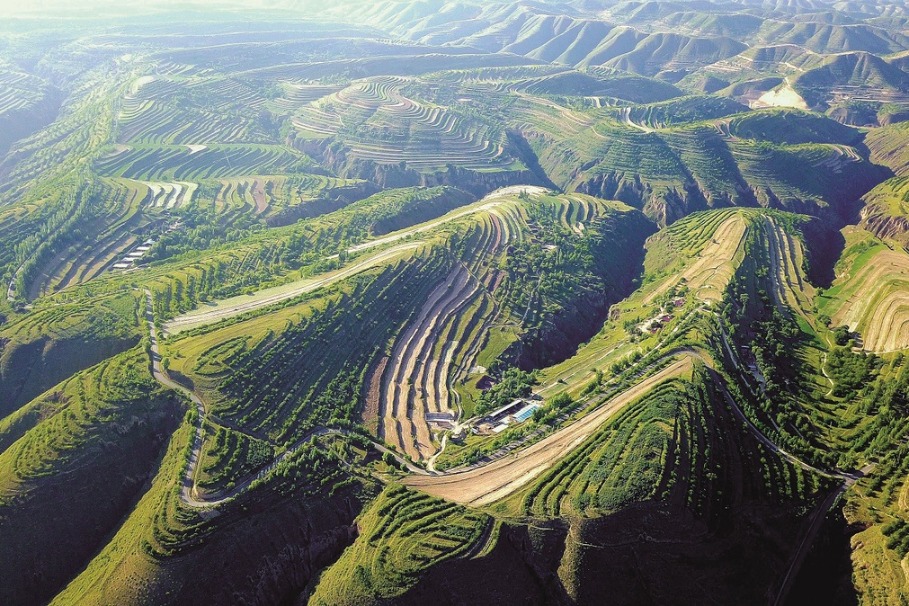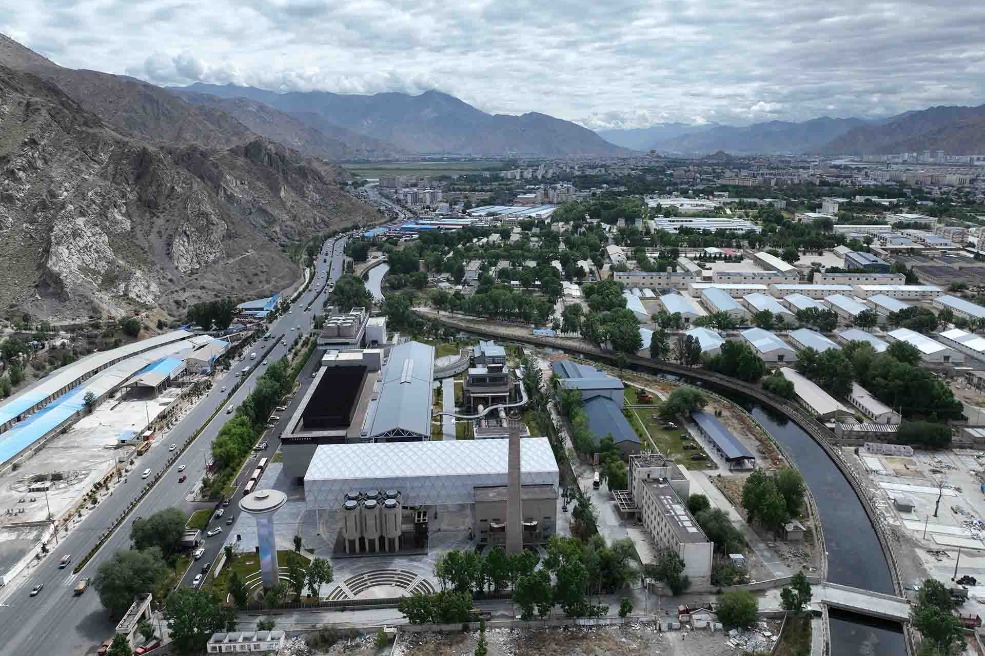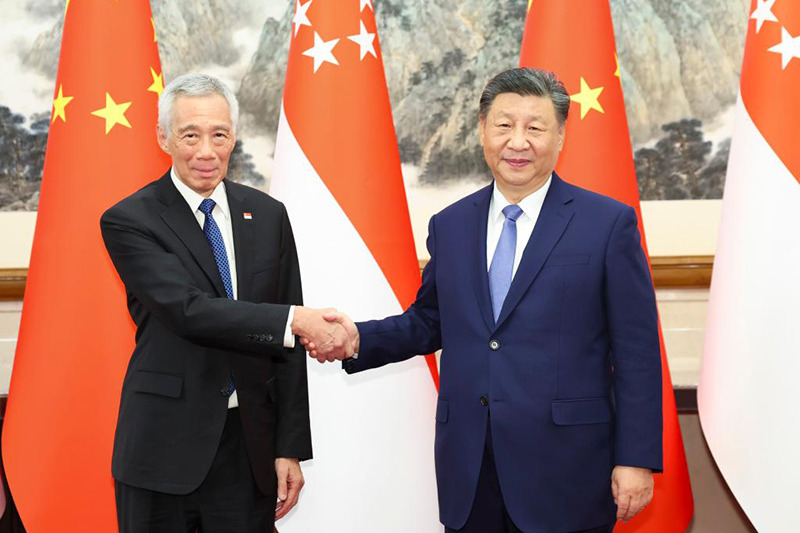Office to manage regional growth

A joint administrative office has been established for the Yangtze River Delta, with one of its core tasks to coordinate planning in Shanghai and its three neighboring provinces to make the region competitive on a global scale, according to a senior official.
Differences in detailed planning for Shanghai and Jiangsu, Zhejiang and Anhui provinces in many aspects, such as industrial development and policies on residents' livelihoods, have hindered some collaborative projects in the past, Li Qiang, Party secretary of Shanghai, said in a panel discussion during the ongoing session of the National People's Congress.
"Dead-end roads are one example of the issue. There are still dozens of such roads between the provinces and the municipality for various reasons, including existing residential communities or rivers," he said.
"We will try to solve the problem soon, as well as others such as further industrial cooperation, ... before each region lays down policies regarding residents' welfare to reduce disparity."
Development of the region, which is at a convergence of the Belt and Road Initiative and the Yangtze River Economic Zone, will be fast-tracked as it becomes a national demonstration zone for new development concepts, a world-class urban center and an Asia-Pacific gateway for global resource allocation, Li said.
Although the land area of the delta region takes up only 3.8 percent of the country, its GDP amounted to 19.5 trillion yuan ($3.08 trillion) last year, roughly 25 percent of the national total, official statistics show.
"Such an economic scale enabled the area to hold an important seat on the world economic landscape, and it must serve the overall development of the country and participate in global collaboration and competition with more unified innovations," he said.
Li said another key task of the Shanghai-based joint office is to make it possible to replicate achievements from pilot programs in Shanghai and the three provinces, including to the China (Shanghai) Pilot Free Trade Zone, to the whole region before being promoted nationwide.
Wang Junfeng, an NPC deputy from Shanghai and chairman of the All-China Lawyers Association, suggested better using the internet and other information sources to break administrative barriers.
Wang Mengyuan, 35, whose grandparents moved from Ningbo, Zhejiang, to Shanghai in the 1930s, said: "People from Jiangsu, Zhejiang and Anhui accounted for a large proportion of the early migrants to Shanghai. We look forward to the common development of the region."
- Xi stresses adapting Marxism to Chinese context
- Grand stamp show opens in Shanghai
- China owns 4.66m invention patents
- Former Guangxi transportation chief sentenced to life in prison for bribery
- Xizang sees all-time high in healthcare level
- Yongzhou's scarlet maple leaves paint tranquil countryside beauty




































